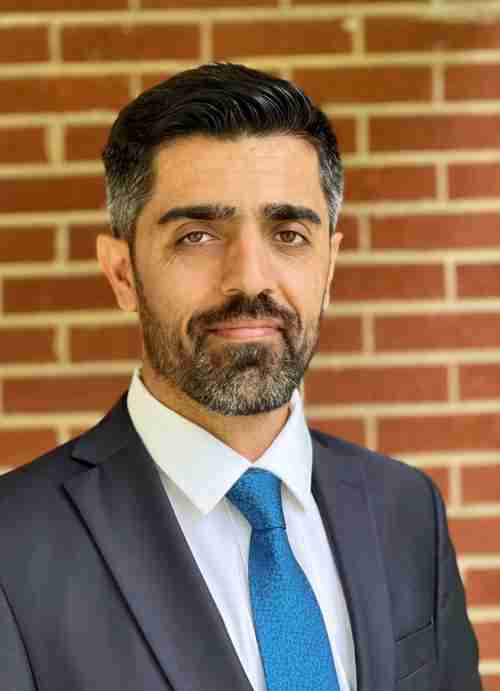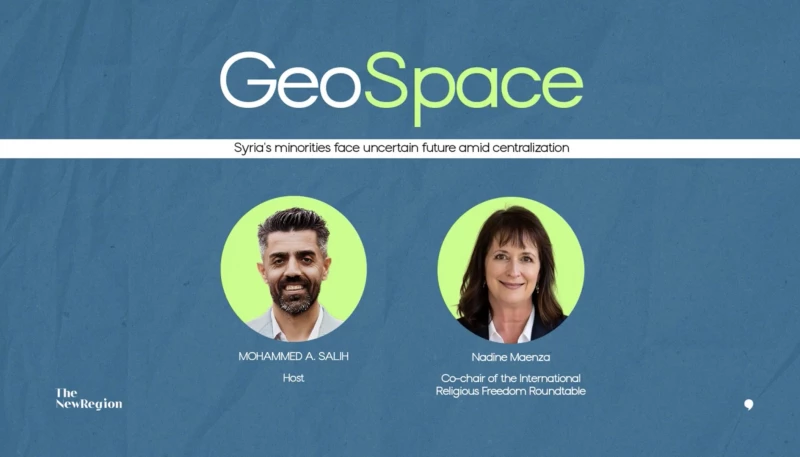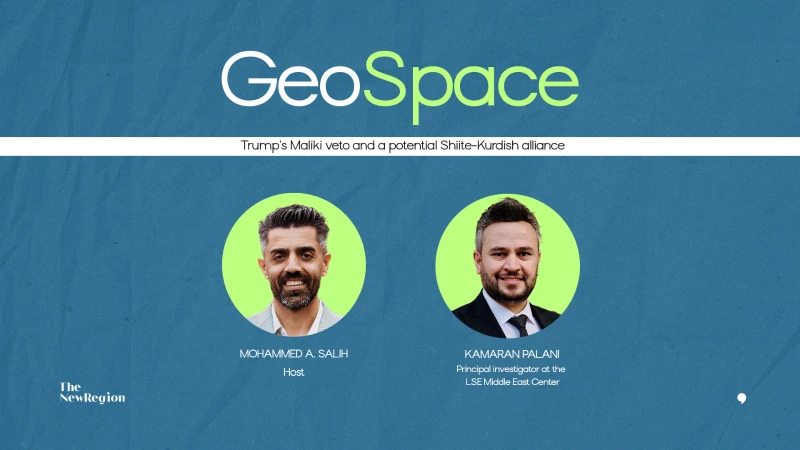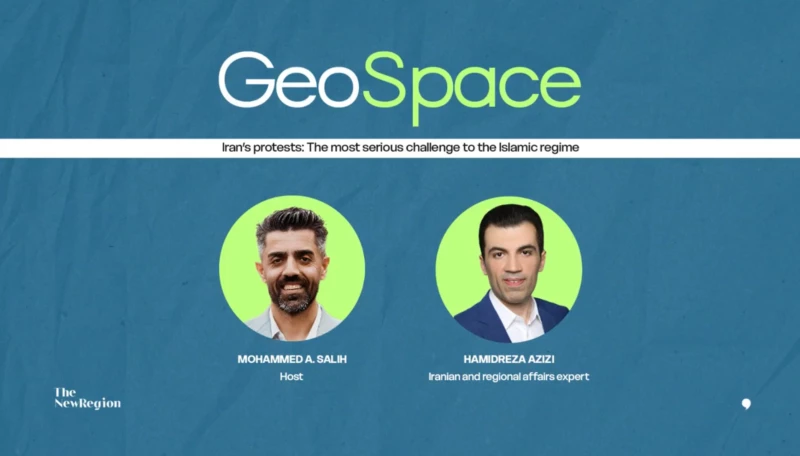On the latest episode of The New Region's GeoSpace podcast, Mohammed A. Salih hosted Omar al-Nidawi, Director of Programs at the Enabling Peace in Iraq Center (EPIC). The two discussed how the upcoming November 11 parliamentary elections might affect Iraq's political future.
Nidawi said expectations are low for major change; however, the elections have historically made small adjustments to the political landscape.
“I think there are a lot of reasons for pessimism and cynicism about the elections, because, like you said, in many ways, it's just a redistribution of power among elites who already have carved out their shares of the economic, political, and power cake of Iraq. But at the same time, elections are important because they can always carry the seeds of gradual change. They can nudge Iraq in one direction or another gradually, slowly,” he said.
The director also gave two possible scenarios for the vote. One is where Iran-aligned factions consolidate power, deepening Baghdad’s ties with Tehran, and the other is Prime Minister Mohammed Shia’ al-Sudani’s coalition performing strongly, leading to a more balanced foreign policy and improved relations with the US and regional countries.
According to Nidawi, widespread dissatisfaction is still a defining feature of the country's politics.
“I think the majority of Iraqis are going to sit out the vote. They're not going to go and participate. They are disillusioned. They have seen over and over again governments formed in manners that are divorced completely from the results of the elections,” he said.
“We're going to see turnout in this election, perhaps, at best, on par with what we saw in 2021, perhaps even lower, and that's, again, a reflection of people not really thinking of elections as a meaningful path towards change,” he added.
He cautioned that low voter turnout, which favors well-established parties with strong networks and militia support, could further solidify Iraq's political stalemate. Even if “15 or 20 percent of voters turn out to vote, the results are going to be legally binding, because there is nothing that says otherwise.”
While Sudani is one of Iraq’s most popular premiers in recent memory, Nidawi doubted that his approval ratings would translate into cross-sectarian electoral success. Nidawi pointed out that “the record of Iraqi electoral experiences shows that there is a limited tendency for people to cross ethnic and sectarian divides when it comes to choosing who they vote for.”
The candidates and parties also make broad promises while campaigning rather than suggesting actionable plans, Nidawi stated. “The slogans are very similar. Everyone's gonna say, you know, ‘I'm gonna reduce corruption, I'm gonna build more stuff, I'm gonna give you more stuff.’ No real blueprint to speak of there.”


 Facebook
Facebook
 LinkedIn
LinkedIn
 Telegram
Telegram
 X
X


